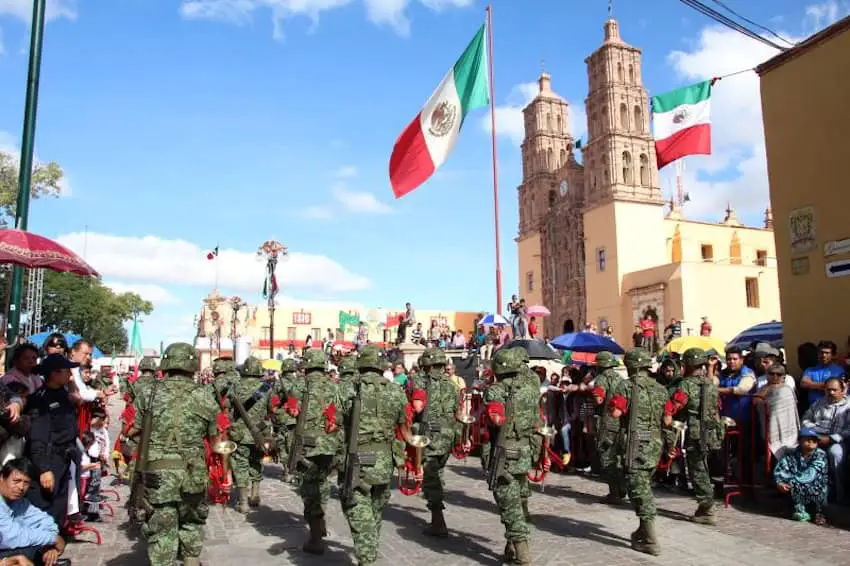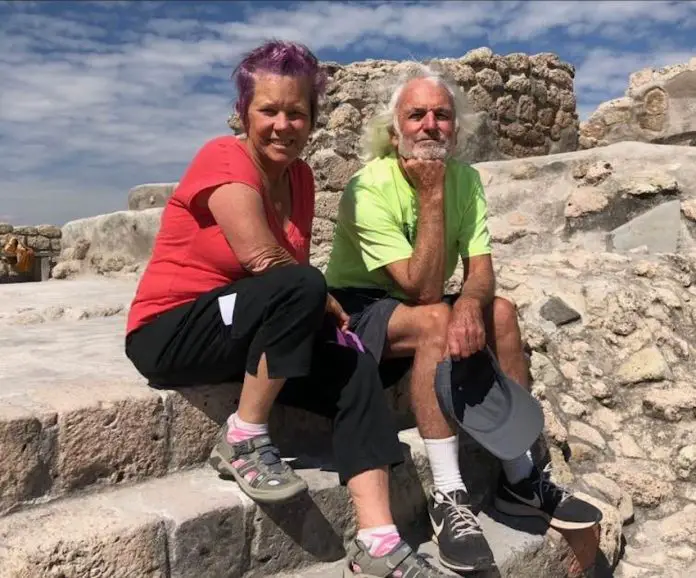Is Mexico a good place for everybody? Sometimes I find myself wondering, “Do I really belong in Mexico?.” Loud music, crowds, nationalistic parades, and sunshine most days are not my thing. Unlike the Mexican indirect communication style, I much prefer to ir al grano (get to the point) and am usually in bed by 9:00 pm. Mexican food is ok, but I prefer Asian.
So how did an outlier like myself fall in love with Mexico?

A few months ago, I had an experience that answered my question. I was on my way to a friend’s home in Guanajuato, the UNESCO World Heritage site in central Mexico where my husband Barry and I live part of the year. Strolling along one of the city’s maze-like callejones (alleys), I passed several kids kicking a ball. It hit a corner next to me, and to my amazement, I kicked it back. They shrieked; I grinned. They weren’t expecting a woman the age of their abuelitas to play ball, a gringa no less. The ball bounced near me again. I kicked it hard, and we all raced after it, laughing. “Fun!” I thought. Divertido. Still laughing, I waved goodbye and headed on my way.
I don’t often find myself kicking balls around with kids like a goofy eight-year-old. That evening when I told my husband about it, Barry said, “You laugh more in Mexico. You’re lighter and friendlier.” After living in Guanajuato part-time for twenty years, I wonder if I’m, well, a nicer person. I’m certainly less argumentative and defensive. More playful.
Is it being around Mexicans, or is it Spanish? Studies suggest that speaking in another language brings out different qualities in a person. Novelist Isabel Allende thinks so: “I live in California — in English — but I can only write in Spanish. In fact, all the fundamental things in my life happen in Spanish, like scolding my grandchildren, cooking, and making love.”
I never thought learning a language would bring out dormant parts of me, but with Spanish, I get to be someone else for a change, instead of my same old English-language brand, the one I’ve been living with for so many years. Photos of myself as a kid show me laughing and being silly, but that gradually lessened as an adult. I enjoyed my work as a training consultant, but owning a business in Silicon Valley was highly competitive, and in order to succeed even moderately, I had to be focused and serious. I constantly worried about my persona and how I came across. While leading the seminars themselves was great fun, marketing my business was very stressful.

When I began learning Spanish in Mexico, something about the vocabulary and the sounds lightened my spirit. Spanish has certain words I love to use that I simply can’t express in English. Rincón literally means a corner, but it could be a nook, a niche, or a feature — like the altars of Guadalupe, Guanajuato’s patron saint, which turn up every so often on callejones. Or ojalá, a word of Arabic origin, meaning “if it be God’s will,” and more commonly, “hopefully.” I can’t imagine saying “if it be God’s will” in English.
As for the subjunctive, the Spanish learner’s curse, I now enjoy it so much that I seek opportunities to use it. The subjunctive expresses uncertainty, doubt, and the unknown. In English, I diligently trained myself to be the complete opposite: assertive, direct, and “certain-sure,” as we used to say as kids. Don’t mess with me; I am woman, hear me roar! But in Spanish, it’s a different story, a place where I willingly surrender to unpredictability and mystery.
I once asked a Spanish teacher if the subjunctive was used more by women than men. He was surprised by the question, but after considering it, said yes. I wasn’t surprised. Traditionally, women are conditioned to speak in a placating way, using an upward inclination at the end of a sentence and asking questions like “Could you…” “Would you mind if…” and “If it’s not too much trouble…” While my English-language self would run like hell from the uncertain subjunctive, my Spanish self courts it.
Meanwhile, the rhythm and sounds of Spanish are sheer music. When I hear Spanish vowels spilling out of me like a cascade, I feel lyrical, mellifluous. Other times I sound like a rolling train whose wheels clackety-clack on the tracks of Spanish consonants.
I’ll always be loyal to English. I love its richness, its Euclidean bluntness, its fusion of Germanic and Latin. English is the language of my birth, my family, my roots. But I have space in my heart for more than one language, and Mexican Spanish is the gift that transports me not just to new worlds, but to a new self.
Louisa Rogers and her husband Barry Evans divide their lives between Guanajuato and Eureka, on California’s North Coast. Louisa writes articles and essays about expat life, Mexico, travel, physical and psychological health, retirement and spirituality. Her recent articles are on her website, https://authory.com/LouisaRogers
